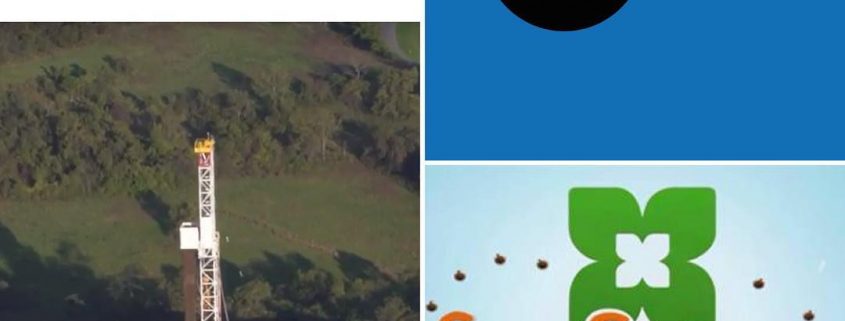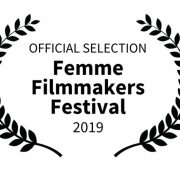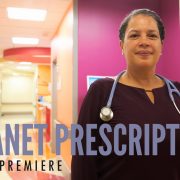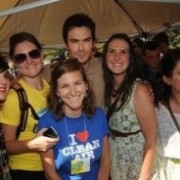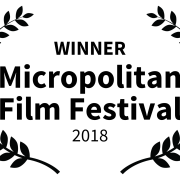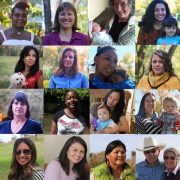pbs ecosense for living
I’m honored to collaborate with PBS series Ecosense for Living! Their new season will premiere nationwide this April for Earth Month and episode 303 ‘Do We Still Need the Clean Air Act?’ will include scenes from our Climate Listening Project series “The Story We Want” with Moms Clean Air Force. The episode explores what led to the Clean Air Act and why it’s still necessary today. Inspiring mothers from Mom’s Clean Air Force examine sources of air pollution, and parents take a look at how to guard children’s health from chemicals associated with fracking in Pennsylvania.
Ecosense for Living is a thought-provoking series of eco-topics ranging from reconnecting kids to nature, green jobs, and healthy lifestyles limiting the impacts of toxins on our home and bodies. The series aims to empower viewers with practical solutions geared toward saving money, treading lighter on the planet, and improving quality of life. The series is hosted by Jennie Turner Garlington and produced by Picture Window Productions.
I recently talked with series director Suzan Satterfield on my iHeartRADIO Climate Listening Project + Speaking of Travel Podcast. Listen now:
The newest four episodes in the series include:
EcoSense for Living: Grizzlies, Wolves & the Endangered Species Act, episode 301, asks ranchers, hunters, native Americans and environmentalists in Montana and Wyoming about their relationship with apex predators and they all agree it’s “complicated.” Of 37 grizzly bear populations recorded in 1922, only 6 were left in 1975, representing just 136 bears. Now, with the Endangered Species Act, that number has rebounded to 700+ but is that enough? Too much? A sheep rancher explains “predator friendly ranching,” the Grizzly and Wolf Discovery Center at Yellowstone National Park dispels myths and misconceptions about these apex predators, the Greater Yellowstone Coalition works to find common ground, and a representative from Yellowstone to Yukon speaks about that planned wildlife corridor to promote natural migration paths including highway crossings at migration hot spots.
EcoSense for Living: Future Food, episode 302, shows how some foods can be hard on the planet and Katharine Wilkinson, Drawdown author, tells how health and climate change are affected by the foods we choose and how we handle food waste. In New Orleans, the Audubon Nature Society’s annual sustainable seafood dinner spotlights issues of buying local, wild-caught versus aquaculture, and other less familiar but plentiful seafood choices. Insects fly onto the radar as crickets and other high-in-protein bugs high hop onto menus at trendy New York City and London restaurants.
EcoSense for Living: Do We Still Need the Clean Air Act?, episode 303, takes us back in time tto Donora, Penn., the epicenter of the clean air initiative thanks to the thick yellow smog that blanketed the city for five straight days in 1948 and led to 27 deaths from that toxic air. Dr. Devra Davis, an environmental health expert and Donora native, explains how the tragic incident led to the Clean Air Act and why it’s still necessary today. Transportation options like electric cars, evolving attitudes about carpooling and rideshares spur discussion. Mothers from Mom’s Clean Air Force examine sources of air pollution, and parents take a look at how to guard children’s health from chemicals associated with fracking in Pennsylvania. An Orlando artist and engineer uses paintings to express concern about a nearby power plant.
EcoSense for Living: Talking Trash, episode 304, reports average Americans make 4.4 pounds of trash daily (the global number per person is 2.6 pounds) but, positively, Americans also compose and recycle about 1.5 pounds every day. Talking Trash visits Orlando, a city that hosts more visitors than any other spot on the planet. The 72 million guests arriving each year present unique opportunities for Orlando’s mayor including biofuels and a program recycling restaurant and residential compost into soil amendments. We profile these and other new, creative ways to reduce, reuse, upcycle and transform food, packaging and clothing trash, including programs that rebuild oyster beds.
Consult local listings for broadcast details on your local PBS station. View episodes live streamed via PBS.
Visit EcoSenseForLiving.com and on Facebook (EcosenseForLiving) for more information.

